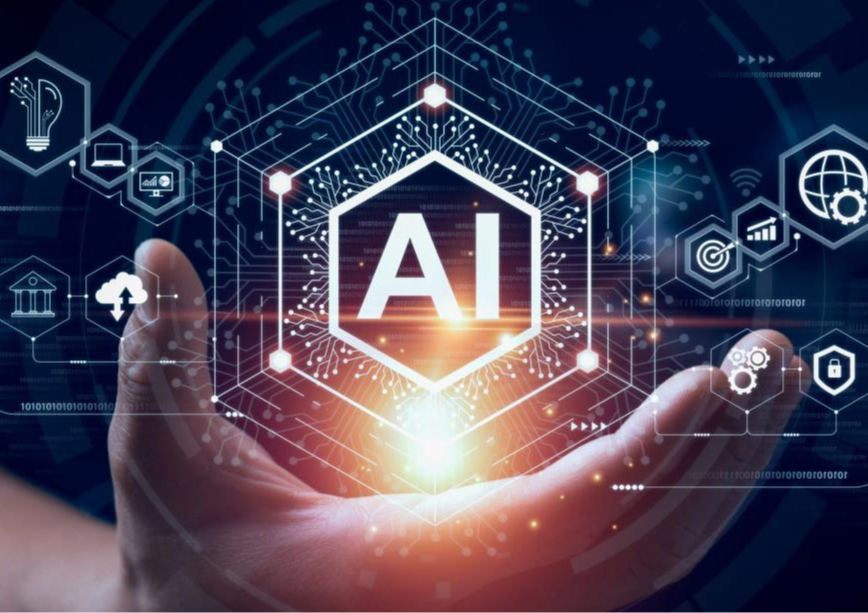The Benefits of AI in Urban Planning
The Benefits of AI in Urban Planning
Blog Article
Synthetic Intelligence (AI) is redefining electronic protection by providing cutting-edge methods to combat significantly superior internet threats. From predictive analytics to real-time risk recognition, AI's integration into cybersecurity is demonstrating to become a game-changer. But how precisely is Artificial intelligence (umělá inteligence) improving electronic safety? This short article explores some key programs and their impact.
AI and Real-Time Risk Recognition
One of AI's most effective benefits to digital safety lies in its capability to identify threats in real-time. Old-fashioned safety systems often rely on pre-defined rules or human oversight, which can lead to postponed responses. AI, on one other hand, uses device understanding formulas to analyze data habits and identify anomalies instantly.

Consider phishing problems, which stay one of the most frequent cyber threats. An AI system can check thousands of messages per 2nd, knowing refined signals of phishing, such as unusual language designs or dubious links. A study shows that AI-driven resources are 90% able to sensing phishing efforts, instead of only 70% for standard systems.
Predicting and Preventing Episodes
AI's predictive functions are another major asset. By analyzing historic information and recent tendencies, AI algorithms may prediction potential vulnerabilities and suggest preventive measures. For example, predictive models are widely used to foresee Distributed Denial of Support (DDoS) attacks by identifying strange spikes in network traffic.
Mathematical knowledge reveals that predictive analytics instruments have paid down successful cyber-attacks on companies by as much as 60%. By keeping one step ahead of cybercriminals, AI helps firms to enhance their defenses before an attack occurs.
Automating Repeated Safety Tasks
AI also excels at automating repeated yet important cybersecurity tasks. Actions like tracking network traffic, updating firewalls, or handling encryption practices can be efficiently handled by AI, liberating up individual security clubs for more proper responsibilities.
For instance, one report observed that AI methods paid off false-positive signals in cybersecurity by around 90%, considerably reducing the workload of IT teams. This automation not only improves efficiency but additionally guarantees a faster reaction to genuine threats.
Improving Endpoint Safety
AI-powered endpoint recognition systems are significantly being deployed to shield products such as notebooks, cellphones, and IoT devices. These methods continually study on activity to detect strange conduct habits, thus stopping unauthorized access.
A current review found that businesses using AI-enhanced endpoint protection experienced a 50% decrease in knowledge breaches compared to those counting on old-fashioned systems.

The Future of AI in Electronic Protection
As cyber threats evolve, therefore does the requirement for more advanced security measures. AI is empowering agencies with methods which are not only responsive but also proactive. By leveraging real-time threat detection, predictive analytics, and automation, AI is reshaping the electronic protection landscape.
However, it's worth remembering that while AI considerably promotes safety, it is not without limitations. Constant developments and ethical concerns will soon be important to maximizing their potential.
Artificial intelligence is not only improving electronic security; it's getting an fundamental section of it. Businesses that undertake AI-driven options are greater located to protect themselves in the current fast adjusting electronic environment. Report this page